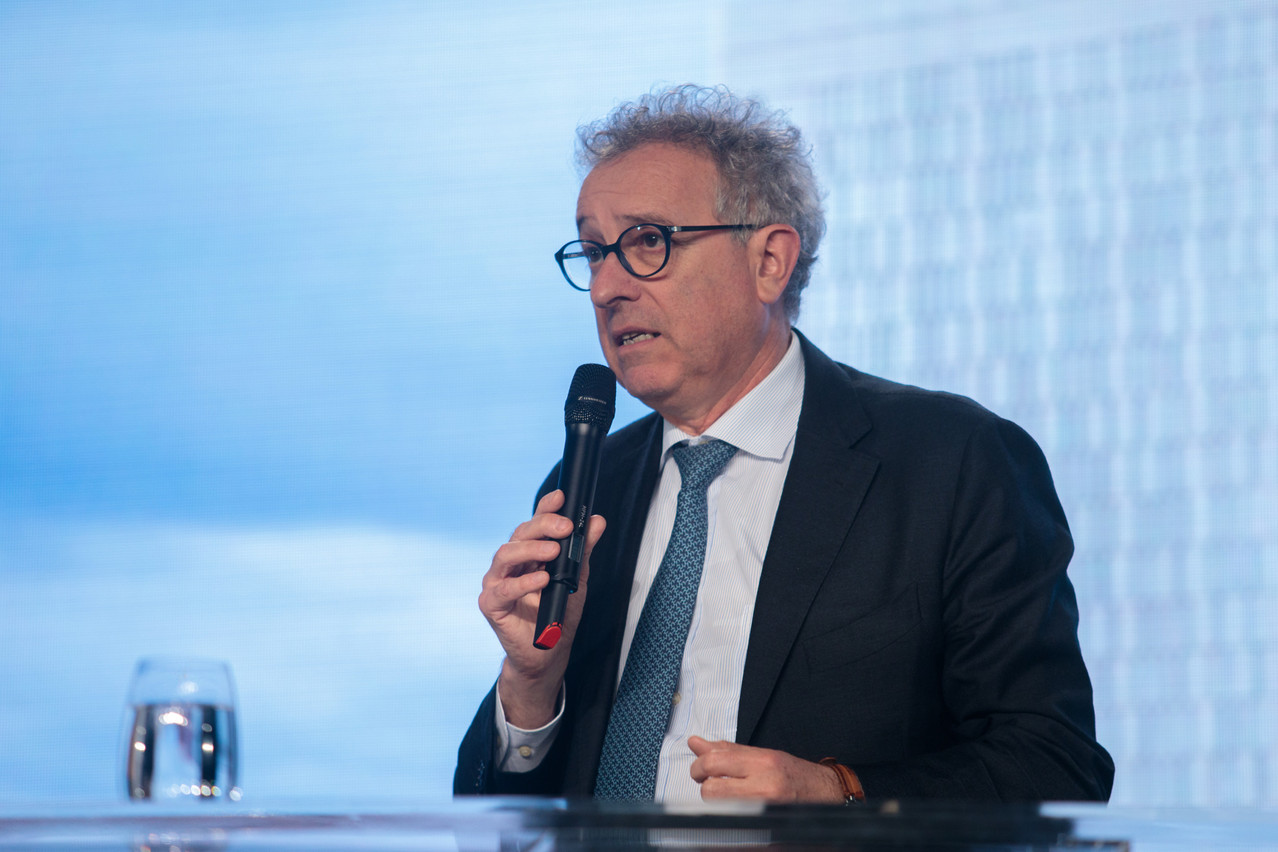The euro area’s finance ministers met over two days on 23 and 24 May when they were expected to select a successor to Klaus Regling, who will retire from the managing director’s seat in October.
The field of applicants has shrunk after the Netherlands withdrew its candidate but that still leaves three contenders. Eurogroup ministers will next convene for a board meeting of the ESM on 16 June when a decision is due.
Gramegna (DP) is up agains Italy’s candidate Marco Buti and Portugal’s João Leão. The appointment of candidates to the EU’s top positions usually aims for an equilibrium between geographies and political orientations. Leão is a socialist compared to Gramegna’s liberal DP background. Buti on the other hand is a career EU official currently acting as head of cabinet to economy commissioner Paolo Gentiloni.
European Commission president Ursula von der Leyen is a German Christian democrat, with the European Parliament headed by Roberta Metsola, a conservative Christian democrat, from Malta. The European Investment Bank’s president is German national Werner Hoyer, also a liberal, whereas European Central Bank president Christine Lagarde has a conservative-liberal political background in her native France.
“The ESM must play a pivotal role in this post-pandemic world with shifted geopolitical fault-lines and I would like to make sure that this institution is fully able to continue to support stability and secure prosperity in the euro area,” Gramegna said in his application letter, adding that he “witnessed first-hand over the last eight years how the ESM successfully accompanied countries like Greece, Ireland, Portugal and Cyprus through a tumultuous time during the teenage crisis of the euro.”
The European Stability Mechanism is a permanent rescue fund that was set up in 2012 to provide loans to euro area countries in financial distress. Assistance is granted under a series of conditions to help protect the financial stability of euro area countries and the eurozone as a whole.
Gramegna announced his surprise resignation last December, saying he would not be running for a government office in 2023 and wanted to leave ample time for a successor to get up to speed ahead of the next national elections. He also cited family reasons, saying he would become a grandfather for the first time in the near future.
Yuriko Backes (DP)--like Gramegna a former diplomat--succeeded him at the start of January.
